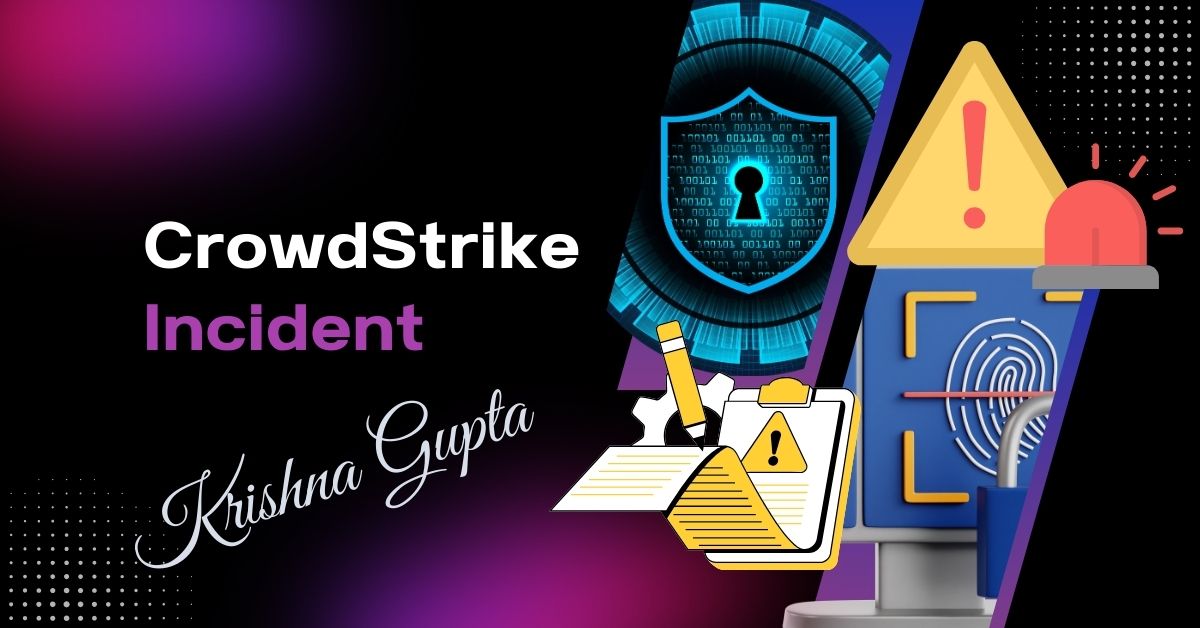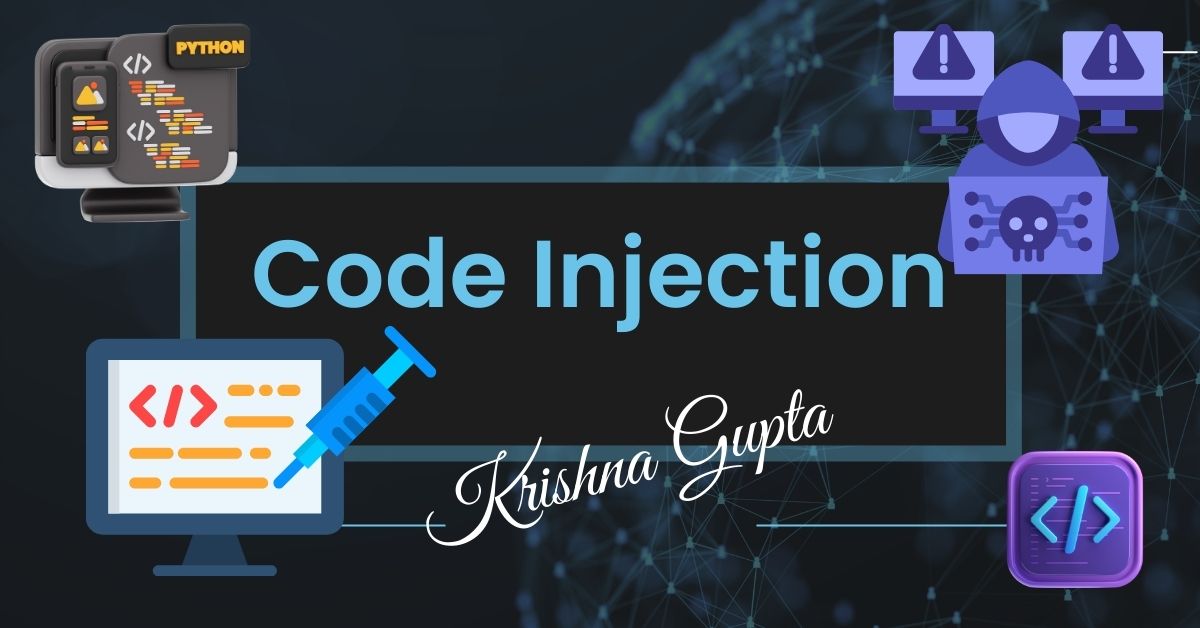CrowdStrike Security Incident 2024: A C-Suite Perspective on Implications, Risks, and Recovery
In July 2024, a significant security incident involving CrowdStrike, a global leader in cybersecurity, caught the attention of businesses worldwide. Known for its advanced endpoint protection, CrowdStrike’s Falcon software is deployed across numerous organisations, many of which belong to the Fortune 500. However, a seemingly routine software update led to widespread disruptions, with millions of devices crashing, particularly those running Windows 10 and 11. This post aims to explore the CrowdStrike security incident in-depth, examining its impact, root causes, and the lessons that C-suite executives must take away to enhance their cybersecurity risk management strategies.




